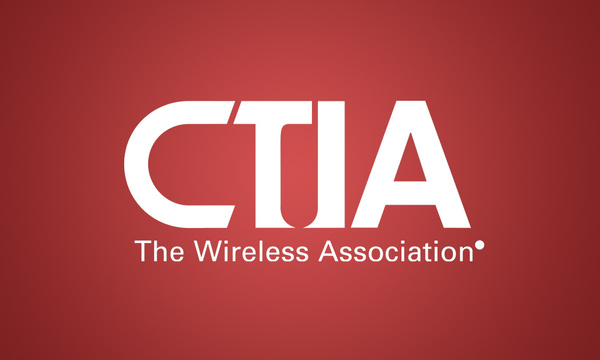
Wireless industry trade group CTIA president and CEO Steve Largent announced that the completed database will allow carriers to block activation of stolen 3G and LTE smartphones in the U.S. and around the globe. "As more countries and more carriers around the world participate in the 3G and 4G/LTE databases, criminals will have fewer outlets since these stolen phones would be blacklisted and could not be reactivated," adds Largent.
While the database has been marginally successful in the U.S., the biggest issue is with international carriers, who rarely enforce such rules. Officials in New York and San Francisco say efforts to block stolen devices have been fruitless since the devices are quickly sent overseas. Both cities have been asking US carriers and OEMs to install 'kill switches' into all new smartphones that allow consumers to deactivate the phones permanently if they are stolen.
So far, the carriers have rejected the notion, even though smartphone market leader Samsung said they would add the switch if everyone else did. The arguments against the switch are many, including the fact that one exploit would expose millions of devices to remote deactivation by hackers.
Reads today's full press release:
Today, I am pleased to confirm that the global, multi-carrier, common database for LTE smartphones has been finalized and implemented in advance of the November 30, 2013 deadline. The matter of stolen devices is extremely important to the wireless providers, which is why they worked so hard over the last year to meet each deadline on time. As more countries and more carriers around the world participate in the 3G and 4G/LTE databases, criminals will have fewer outlets since these stolen phones would be blacklisted and could not be reactivated.
Another important element to stopping stolen phones is consumers. To assist users, we offer a list of apps to download that will remotely erase, track and/or lock the stolen devices. We also remind consumers to pay attention to their surroundings. Similar to your purse or wallet, it's best to not call attention to your smartphone and create an opportunity for a thief to steal it (e.g., leave it on a restaurant table, use it while walking or taking public transportation, allowing strangers to 'borrow' it to get directions, etc.).
We continue to believe that combating stolen cellphones will require a comprehensive effort. We encourage consumers to use currently available apps and features that would remotely wipe, track and lock their devices in case they are lost or stolen, and our members are continuing to explore and offer new technologies. We also strongly support and need Senator Schumer's legislation to pass that would impose tough penalties on those who steal devices or modify them illegally since it would help dry up the market for those who traffic in stolen devices. We also need more foreign countries and carriers to participate in the global stolen phone database to prevent criminals from selling stolen devices internationally.
"By working together with everyone – from the wireless companies, law enforcement, policymakers and consumers – we will make a difference.
Written by: Andre Yoskowitz @ 28 Nov 2013 11:44
